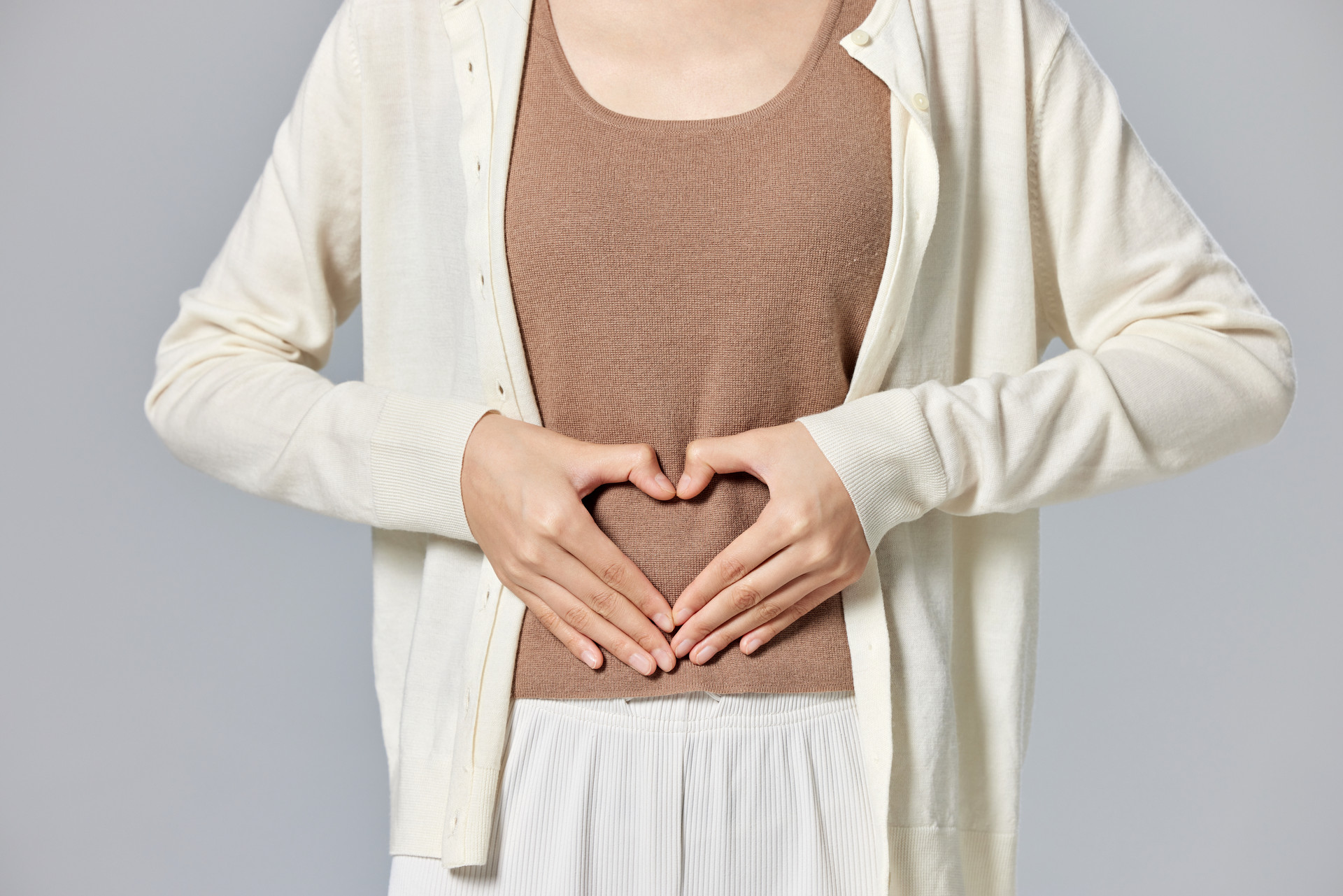We all know that there are many benefits to drinking tea, and drinking tea in winter can also prevent obesity. However, we need to be careful: it is not good to drink tea casually during a woman's "special period".
Menstruation: Menstrual blood contains relatively high levels of hemoglobin, plasma protein, and hemoglobin, so women may wish to eat more iron-rich foods during or after menstruation. Tea leaves contain more than 30% tannic acid, which hinders the absorption and utilization of iron molecules by the intestinal mucosa.
It is easier to combine with iron molecules in the intestines, producing precipitation and not having the effect of replenishing blood. Pregnancy: Tea leaves contain rich caffeine, drinking tea will increase the heart rate of pregnant women, increase the burden on the heart and kidneys of pregnant women, increase urination, and induce pregnancy poisoning. It is also detrimental to the healthy development of the fetus. Delivery period: Drinking tea during this period can cause palpitations, insomnia due to the action of caffeine, leading to physical decline, and may also cause exhausted mental state during labor, leading to difficult delivery.
Breastfeeding: Tannic acid in tea is absorbed by the gastric mucosa. After entering the bloodstream, it has an astringent effect, thereby inhibiting the secretion of mammary glands and causing milk secretion disorders. In addition, due to the stimulating effect of caffeine, the mother cannot get sufficient sleep, and the caffeine in breast milk enters the baby's body, causing intestinal spasms and inexplicable crying in the baby.
Menopause: After the age of 45, women begin to enter menopause. Drinking strong tea during this period can cause symptoms such as irritability, fatigue, dizziness, insomnia, palpitations, dysmenorrhea, and menstrual disorders, and may also induce other diseases.
Looking at the professional explanations above, women who love tea must be distressed! It's okay! You can use strong tea for gargling, which will have unexpected effects. During menstruation, gargle with tea water, and you will feel fresh and comfortable in your mouth, and bad breath will disappear, making "inconvenient" days have a good mood. During pregnancy, pregnant women are prone to calcium deficiency. At this time, gargling with tea water can effectively prevent tooth decay and stop the development of existing lesions, protecting your beautiful and charming teeth.
During the delivery period, gargling with tea water can increase appetite, have strong energy during the day, and improve sleep quality at night, which will improve mental conditions to varying degrees. Gargling with tea water during breastfeeding can prevent gum bleeding, kill oral bacteria, keep the mouth clean, and improve the quality of breast milk. During menopause, there will be varying degrees of loosening of teeth and the production of many anaerobic bacteria in the periodontal tissue. There is currently no effective drug to kill this pathogen, but gargling with tea water can prevent and treat periodontitis.






